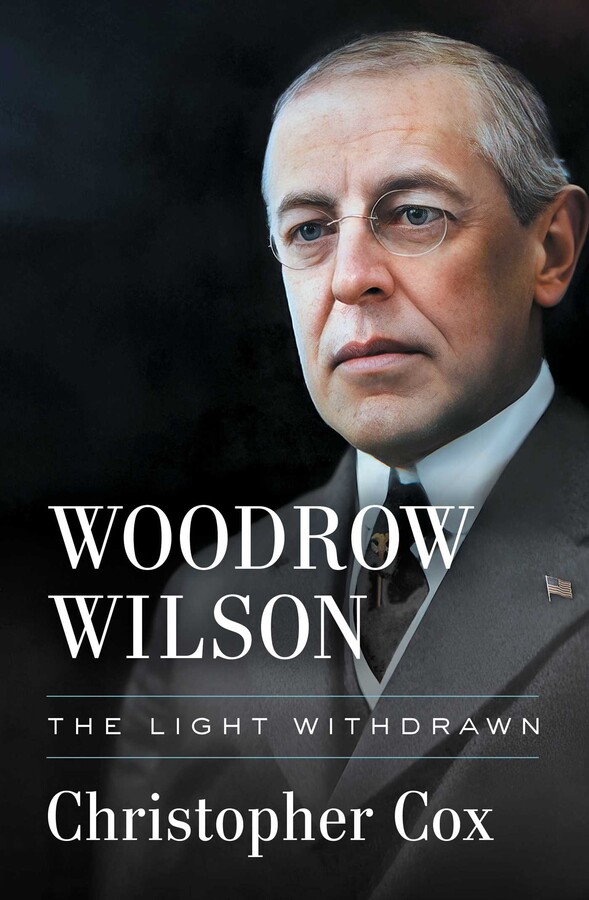Shortly before the wedding ceremony, the prospective groom wrote Ellen from Johns Hopkins to complain about the then-emerging popular wisdom of “a woman’s right to lead her own life,” independent from an existence as auxiliary to husband and children. This supposed “right,” he assured her, was a “pernicious falsehood.” Granting to women the same rights enjoyed by men would threaten the family as an institution. Worse yet, it would erode the fabric of American society. Marriage alone, Wilson insisted, was a woman’s “essential condition” for the performance of her “proper duties.” It was “simply ridiculous” to argue that women “could live exactly the same life that men lead.” It was even more unthinkable that a man would assume the duties “of the mother and the housekeeper!” This was heresy. “Oh,” he lamented, “it is a shame to so pervert the truth!”
A few weeks later, he expanded on his ideas about the differences between men and women. “Women are much less tiresome than men,” he wrote Ellen, “because their wonderful sympathy enables them to reflect the sentiments and opinions one pours into their ears.” Ellen was his ideal woman because she reflected his views “like a mirror without a flaw!” Yet only someone who believed his own ideas were flawless could want his female confidantes to reflexively agree with him.
In expressing himself so pointedly to his wife-to-be, Wilson was undoubtedly attempting to validate what he hoped and suspected: that she shared his convictions on these subjects. He was also laying down a marker in advance about the kind of marriage he expected the two of them to have. He must have been satisfied and relieved when, for her part, Ellen cheerfully affirmed his views. Her one and only longing, she replied five days later, was “to serve you, to be a comfort to you, to make life in some way easier and sweeter to you, to be to you all that a wife, and only a wife, can be.” The two were in complete agreement that a woman’s place was in the home, where she would serve as her husband’s helpmate.
Wilson had other occasions to let his fiancée know what he expected in a wife. At one point, Ellen sent Woodrow an alarming letter describing the cruelty inflicted on her cousin by an abusive husband. The man had threatened to murder Ellen’s cousin on multiple occasions (once, the threat came while holding a gun to her head). Wilson’s attempt at a sympathetic response was bizarre. He provided Ellen with a list of the many good reasons that could prompt a husband to do such “desperate things.”
